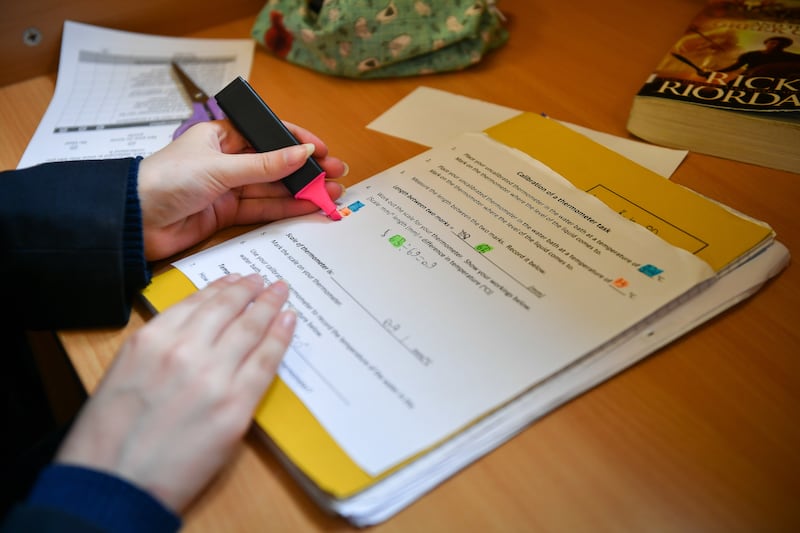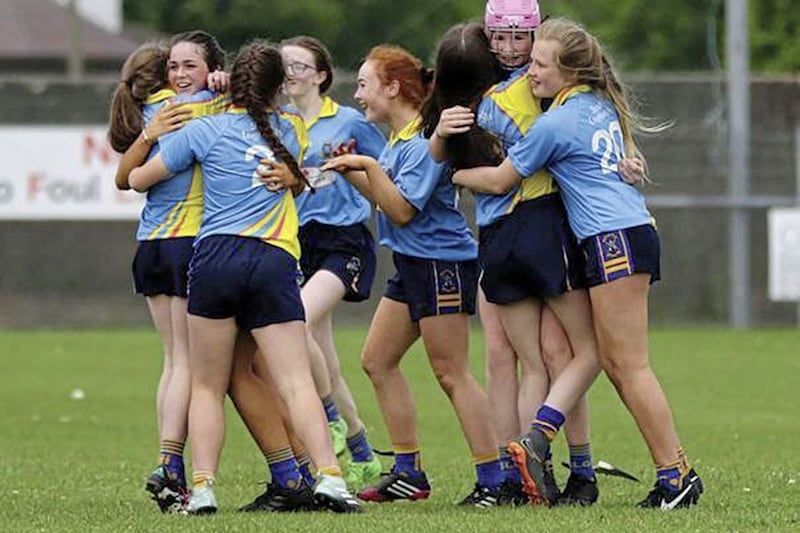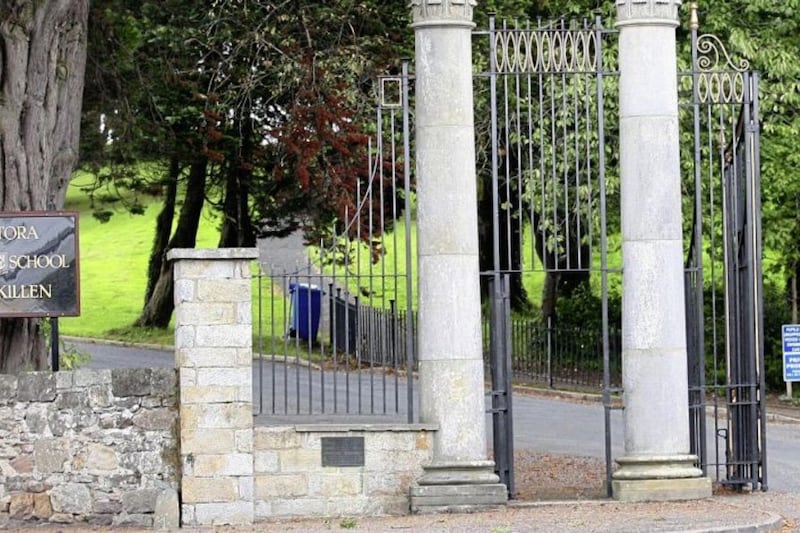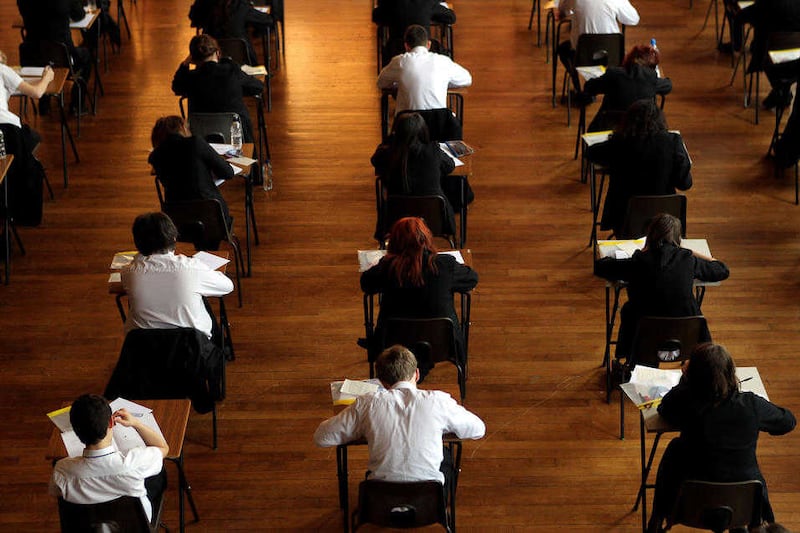DOZENS of pupils are leaving top-performing grammar schools in sixth form before they take their A-level exams.
Figures reveal that dozens of young people do not return for upper sixth or repeat lower sixth.
Only pupils who sit exams are included in Summary of Annual Examination Results returns and, therefore, official exam pass rates.
Those deemed `ineligible', or who leave, are not included in these statistics, which are used to compile performance tables.
The Irish News is today publishing such a list of the 30 grammar schools which achieved the best A-level results in the north last year.
Click here to see the league table

Using statistics for the 2017/18 academic year, schools are listed based on the proportion of pupils achieving three or more A-levels at grades A*-C.
The Department of Education, which provided figures for each school, says such information "does not provide a valid basis for comparing performance between schools".
Exam data takes no account of intakes of the schools or of any other factors that may affect pupil performance.
However, the list does not intend to suggest that one school is better than another, or that academic performance should be the sole criterion for judging the quality of education on offer.
In addition, it has been often argued that grammar schools can usefully be compared on the basis of exam performance.
The Irish News performance lists are anticipated annually and some schools advertise their positions on their websites.
Again, pupils at a Catholic grammar school produced the best set of results. Catholic schools occupy seven of the top 10 and 12 of the top 20 spots.
St Louis' in Ballymena had the highest proportion of pupils achieving top marks for the second year in succession - 95.3 per cent, a slight reduction on last year's 96.5 per cent.
Principal Sean Rafferty said he was delighted by both A-level and GCSE outcomes.
"Credit must go to the hard work of the students who fully engaged with teachers and the quite demanding rigours of revision and examination preparation," Mr Rafferty said.
"Acknowledgement has also to be given to our superb teaching staff who each year give of their skills and knowledge so generously to ensure every student achieves highly. They are to be commended as a team for the professionalism they display, the passion for their subjects and for the pride they have in their students/outcomes.
"Obviously the buy in from our parents is a key factor to our success too and once again our parents and wider community have been so supportive in all we as a school do to ensure high expectations in a pursuit of excellence is achieved."
Mr Rafferty added that 93 per cent of leavers last year transferred straight to higher education university courses with an ever increasing number choosing Higher National Apprenticeship routes to develop career pathways.
"As a school community, we are so proud that we have been able to consistently deliver the highest possible outcomes and hope that next year we can emulate these attainments," he said.
Inspectors launched a probe in 2017 into why too many pupils were being denied the chance to sit exams.
Hundreds of young people are being excluded every year, meaning they are invisible from government statistics designed to gauge performance.
It has long been claimed that schools remove poorer-performing pupils from exams to prevent pass rates from being affected adversely.
Separate Department of Education statistics show that at every school which makes up the top 10 today, the number of pupils in upper sixth was lower than the number enrolled in lower sixth the previous year.
At St Louis there was a difference of just one, which Mr Rafferty said was due to a pupil leaving.
Elsewhere, however, the drop off was significantly higher - ranging from six to 41 pupils not continuing into their final year.
A total of 30 pupils at St Dominic's in west Belfast, which ranked second, did not continue into upper sixth.
Principal Carol McCann said some pupils chose to repeat their AS-level year with different, and more appropriate, subjects.
"They realise that to gain entry to university in NI, they need to gain mainly A grades to access a university place in NI and don't want to go to England or Scotland due to the very expensive fees," she said.
"We have a very high percentage of pupils who are entitled to free school meals and they need to stay in NI."
St Dominic's has topped the annual table four times this decade.
Ms McCann said 86 per cent of all grades achieved in 2018 were A*/B, the highest in the north, while 90 per cent scored at least three passes at grades A*-B.








